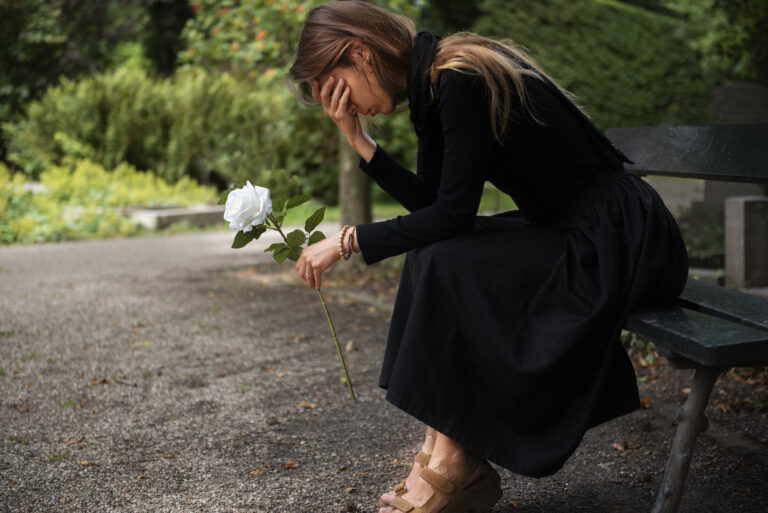Healing from Emotional Exhaustion: When Helping Everyone Leaves You Empty

Healing from Emotional Exhaustion: When Helping Everyone Leaves You Empty
Have you ever reached the end of a long week and felt like there’s nothing left to give—emotionally, spiritually, or even physically? You’re not alone. Many women who pour into others—whether in their families, workplaces, or ministries—find themselves quietly running on empty. Emotional burnout in women often begins subtly, with the best intentions: wanting to help, care, and show up. But over time, constant giving without renewal can lead to emotional exhaustion and even spiritual depletion.
This post is a follow-up to our conversation on boundaries, because burnout is often what happens when those boundaries blur. Let’s talk about how faith can help you find restoration and balance again.
Understanding Emotional Burnout in Women
Emotional burnout isn’t weakness—it’s a signal. It’s your mind and body saying, “I can’t sustain this pace.” Women, especially those with compassionate hearts, are prone to compassion fatigue—the emotional strain that comes from caring deeply for others without tending to one’s own inner life.
You may notice:
Feeling numb or detached, even toward people you love
Irritability or sadness that feels “stuck”
Trouble resting or quieting your mind
A loss of spiritual joy or motivation
Burnout often disguises itself as busyness or selflessness. But underneath, it’s an empty cup trying to pour anyway.
Faith-Based Self-Care: The Spiritual Side of Healing
The world often talks about “self-care” in terms of bubble baths or vacations, but faith-based self-care goes deeper. It’s about caring for your soul in ways that reconnect you with God’s peace and presence.
Here are a few ways to begin:
1. Return to stillness.
Spend quiet moments each day simply being with God—no agenda, no performance. Just sit in His presence and breathe.
2. Pray honest prayers.
God doesn’t need polished words; He wants your heart. Tell Him where you feel weary. There’s healing in honesty.
3. Sabbath rhythms.
Build intentional rest into your week. Rest isn’t laziness—it’s obedience. God Himself rested, setting the example for us.
4. Release the savior complex.
You are called to love people, not rescue them. Trust that God is capable of holding what you cannot.
Therapy and Faith Working Together
Sometimes, therapy provides the structure we need to heal fully. Therapy doesn’t mean you lack faith—it means you’re taking your emotional and spiritual health seriously.
A faith-integrated therapist can help you:
Identify patterns that lead to burnout
Rebuild healthy emotional boundaries
Learn how to serve others without losing yourself
Integrate prayer, scripture, and practical coping tools
Healing often requires both prayer and process. The two were never meant to be separate.
Spiritual Renewal: Finding Your Way
If you’ve been running on empty, this is your invitation to slow down. God never asked you to carry everyone else’s burdens alone. In Matthew 11:28, Jesus says, “Come to Me, all who are weary and burdened, and I will give you rest.”
True spiritual renewal begins when you stop striving and start receiving. Let God refill your heart. Your worth is not measured by how much you do for others—but by who you are in Him.
Final Encouragement
If you’ve recognized yourself in these words, take it as a holy nudge—not of shame, but of love. You were never designed to be the source; you were designed to stay connected to the Source.
Healing from emotional exhaustion begins with permission—permission to rest, to receive, and to trust that God can work even when you are still.







